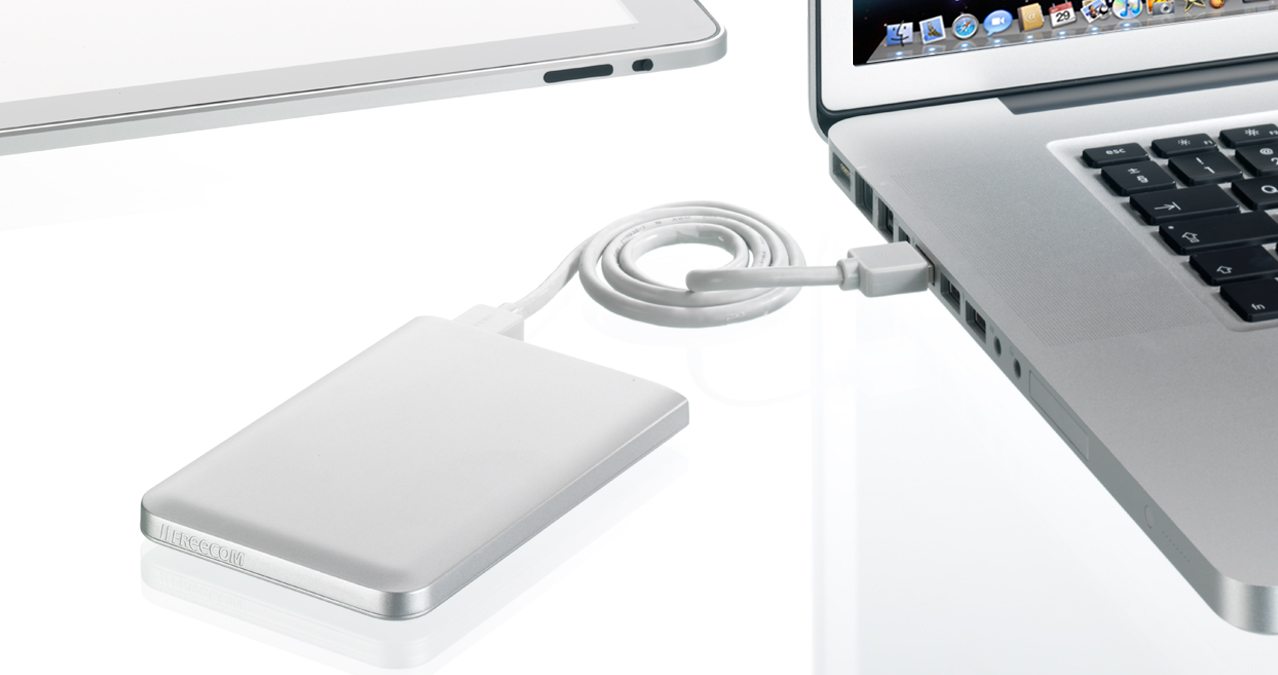

Data contained on the chips of the flash memory is handled by an embedded processor, allocating where new data is written and managing data retrieval. Non-mechanical drives relying on flash memory chips to store data are the newer form of storage, solid-state drives, or SSDs. Let’s take a look at Apple SSDs and how they’ve progressed throughout the years. You have the option of purchasing three different forms of storage when buying a new Apple Mac: a hard disk, Flash storage (also known as an SSD or Solid State Drive), or a Fusion Drive. The numerous choices available on the market, as well as the less-than-clear terminology, may, however, make it intimidating for the uninitiated to look into them with any real depth.
Best external hard drive for macbook air 2020 for mac#
For Mac users, this capacity filling will lead to an exploration of options for drive upgrades that they might have for their Mac.

Many configurations can be overloaded by the need to keep entire digital lives on a single piece of hardware and provoke the need for either a storage upgrade or a replacement of the computer itself. Storage of computer technology, including desktops, notebooks, and mobile devices, is a valuable asset that certain users can quickly fill up. This becomes possible with drivers only found in Apple devices like the SSD for MacBook. Without compromising quality, Apple consistently offers reliable storage, and an improved overall look, so we won’t have to worry about upgrading every so often like we were used to with our parents’ lagging hand-me-down PCs and laptops in the past. Besides aesthetics, Apple products deliver high-quality performance, which is why most computer enthusiasts and business users prefer them. Apple’s designs are what turned them into the largest company in the world.


 0 kommentar(er)
0 kommentar(er)
